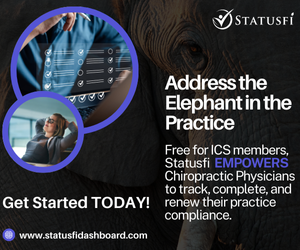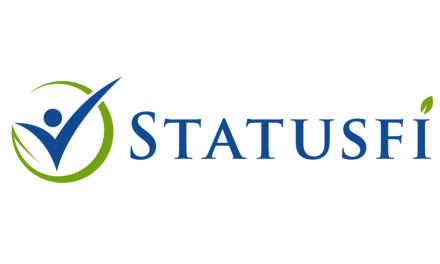
Get, Ready, Audits are on the Rise

The Department for Health and Human Services (HHS) and the Centers for Medicare and Medicaid Services (CMS) have the responsibility to make sure that the funds are properly protected. To this end, they have contractors who audit charts to prevent fraud and abuse. Among them are the Zone Program Integrity Contractors (ZPICS), who audit Medicare A and B, hospice home health, and durable medical equipment programs.
In addition, the local carriers are also responsible to audit claims and notes in order to ensure that medical necessity requirements are met.
Methods
The contractors all employ similar methods of analysis in their audit procedures. These methods include data analysis of claims, reacting to whistleblower complaints and following up on referrals from other auditing agencies such as the Recovery Audit Contractors (RAC) or the Medicare Administrative Carrier (MAC). The Recovery Audit Contractors are going through a new round of contract negotiations as I write this article. Once the contracts are procured, look for a new round of record requests to begin.
The Medicare and Medicaid program is not the only program affected by auditing mechanisms. Every carrier including Blue Cross, Aetna and United Health Care have auditing mechanisms and subsequently file complaints with the FBI. In short, if you are erroneously submitting claims or fraudulently submitting claims to any insurance program, you will eventually be caught. It is the responsibility of the physician to make sure that they are utilizing proper procedures to document, code and file claims. That is why since October 2000, the Office of Inspector Generals has recommended that each provider have a compliance program in which they have policies and procedures to ensure that proper documentation, coding, and compliance occur within the office. This includes periodic internal monitoring and audit procedures.
Compliance Program
If you have a compliance program and conduct internal monitoring, make sure that all procedures you undertake to become compliant are documented. In case of audit or inspection, if you have documentation of your compliance program, this may be used as a mitigating factor against any fines and/or jail time.
When performing an audit of medical records and billing, several items are taken into account.
These may include:
- Initial visit reports,
- Radiology reports and billing rationale,
- Re-evaluation reports,
- Claim denial records and EOB analysis,
- Data comparison of utilization by your office compared to your peers,
- Audit of medical records that may indicate maintenance care,
- Utilization of the same codes on everyone i.e.98942 or 98941 on all Medicare patients and,
- PART analysis on Medicare patients.
The audit of medical records and billing is just as important with non-Medicare patients, too. Blue Cross records as an example are frequently audited for utilization.
In addition to the above factors, audit procedures should include:
- Utilization and rationale of passive modalities,
- Utilization of active procedures such as massage, trigger point therapy, and rehabilitation,
- Are active procedures such as rehabilitation being performed by licensed providers or properly trained personnel such as outlined in the insurance PPO policy?
- Is there proper documentation of the delegation including what was done, by whom, and at what time?
Even cash patients should have proper documentation and coding procedures performed. Improper procedures or medically unnecessary services may lead to litigation. Your office is not immune to litigation involving cash patients, and in fact, it may occur more commonly.
Rather than ignoring the facts or willfully disregarding the truth, a proactive solution of auditing records is the most prudent business decision. Often, I will find that minor changes in the record-keeping habits of the doctor or their intake procedures will rectify any deficiencies that may be present. The process of educating oneself regarding all compliance issues may seem daunting, but the prevalence of individuals becoming certified in compliance or utilizing the services of compliance officers has increased dramatically. Many organizations, such as hospitals, nursing homes, durable medical equipment companies, and individual physicians, are utilizing the services of compliance specialists.
Conclusion
The old adage of “an ounce of prevention is worth a pound of cure” is quite evident in compliance. Education of you and your staff pertaining to compliance and the utilization of a compliance consultant may improve the quality of care for your patients, serve as a defense against litigation and recoupment, and position your office for success in the coming years.
Dr. Fucinari will be presenting several classes in the coming months to aid the doctor and staff in the documentation, coding, and compliance. You can also purchase consultation, audit or compliance services at www.Askmario.com For an updated schedule of classes and locations, go to www.AskMario.com Dr. Fucinari is a Certified Medical Compliance Specialist (MCS-P) and a Certified Insurance Consultant. Dr. Fucinari can be contacted at doc@askmario.com



















